This month marks exactly forty years since I became a literary agent. In that time I have been involved with many bestsellers but the publication last week of Entitled: The Rise and Fall of the House of York about Prince Andrew has been my most successful book. What makes it especially different is that I am not just its agent but also its author.
It has been a strange but exciting experience watching a project which has gestated for four years to finally see the light of day. The reaction has been overwhelming with the Daily Mail, which serialized the book over five days, calling it “The most devastating royal biography ever written” and interviews with media organizations all over the world.
The media has now moved from reporting the disclosures in the book to discussions on connected but wider issues raised such as the need for greater royal transparency – a subject I have campaigned on for many years – and to the future of the monarchy itself. The Australian Daily Telegraph has even written “Lownie’s book is the touchpaper for more revelations to come, and if the palace is implicated, even by oversight, it could be far more damaging than even the abdication of King Edward VIII 90 years ago next year.” Let us see.
As an historian, I am used to working with documents. This book, my first biography of a living person, is a departure as it relies almost entirely on interviews. Royal books are notoriously difficult to research. There is an omertà of silence around the British royal family with friendship circles that go back generations, tight non-disclosure agreements and a strong sense of loyalty and deference. Writing about the intelligence services was easier.
For the book, I approached some 3,000 former school friends, work colleagues, staff and business associates, of whom roughly a tenth agreed to be interviewed. What surprised me was how many agreed to go on the record – often the most senior officials – and can only surmise that they felt the story needed to be told.
My aim in writing the book has been to ask questions of the late Queen’s second son and to investigate evidence of financial corruption at the heart of the royal family.
This is not a message monarchists – and I count myself one of them – want to hear so there has been a lot of criticism of me as messenger. Another criticism has been the fact that I have included details of the couple’s private life. This is always a dilemma for a biographer where the inner life of the subjects must be addressed.
Much has been removed on advice mostly on grounds of privacy and taste. We debated at length questions such as whether Prince Andrew had a reputation to lose and where the boundaries lay with such a public figure. My feeling is his early sexual experiences shaped his later sexual behavior and that reporting credible evidence that he went through 40 women on a four-day official visit to Thailand paid for by the taxpayer was legitimate.
It is perhaps episodes such as these which may explain why none of the files relating to his time as special representative for trade and investment between 2001 and 2011 have been released in spite of numerous Freedom of Information requests from me over the last four years.
The Information Rights Departments of the Foreign Office and the Department of Business and Trade have skillfully deployed every possible exemption from health and safety and national security to commercial confidentiality and personal data, to ensure the files – some of which by law should have been deposited in the National Archives after 20 years – remain closed.
Frame the request too widely and it will be rejected on the grounds it will be too expensive to search. Narrow the request and one is told the department holds nothing. If one does manage to secure the odd piece of paper it will be almost entirely redacted in black.
Why are these files so important? They would reveal who Prince Andrew took on his trips, who they saw and what business might have been done. I already know from talking to diplomats that he brought along his daughters, with all the attendant security costs, giving them a Filofax of contacts to expand their networks.
Others on the trips included Jeffrey Epstein as well as Andrew’s business partners David and Jonathan Rowland who were able to shoehorn into the schedule meetings pertinent to them rather than for the promotion of British trade.
What it might also confirm is the long list of demands that were sent ahead ranging from an insistence that drinking water be served at room temperature to Weetabix being provided at breakfast. One girlfriend was impressed to see among his luggage what appeared to be a surfboard. He sheepishly had to admit it was an ironing board to ensure, even though he stayed at five-star hotels, that his trousers were always neatly pressed.
In many ways, Entitled is a tragi-comedy – the story of how a popular royal couple fell from grace. I am interested to see how it may play out.
What is Prince Andrew hiding?
My book raises questions about the late Queen’s second son and financial corruption at the heart of the Royal Family
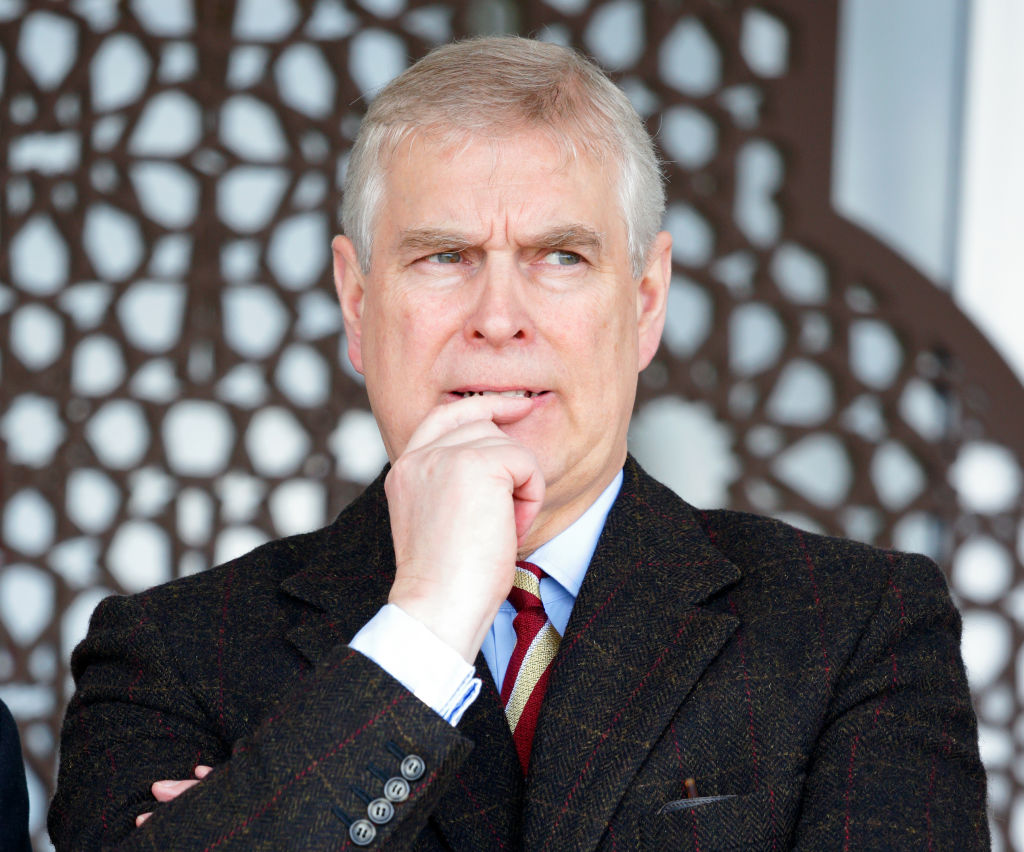
Prince Andrew (Getty)
This month marks exactly forty years since I became a literary agent. In that time I have been involved with many bestsellers but the publication last week of Entitled: The Rise and Fall of the House of York about Prince Andrew has been my most successful book. What makes it especially different is that I am not just its agent but also its author. It has been a strange but exciting experience watching a project which has gestated for four years to finally see the light of day. The reaction has been overwhelming with the…









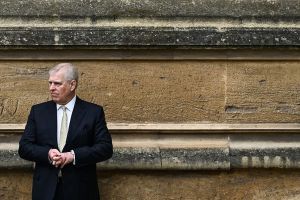
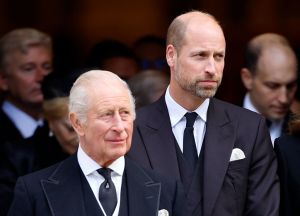
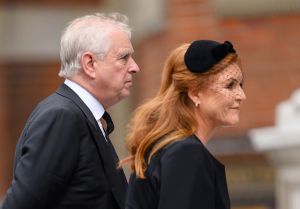
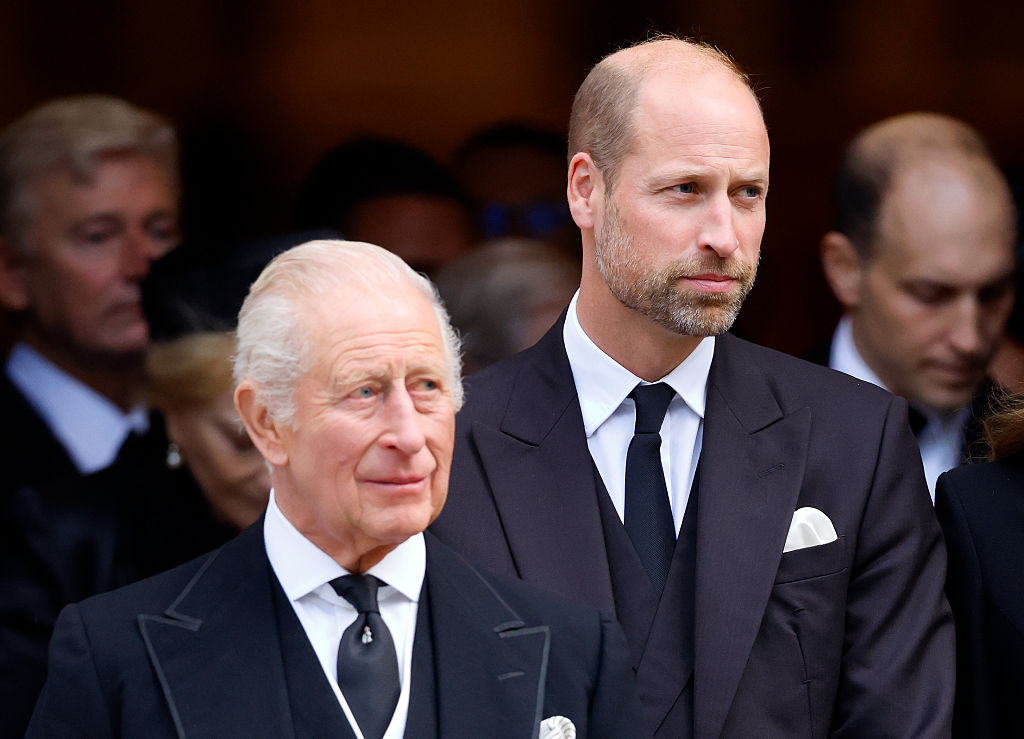
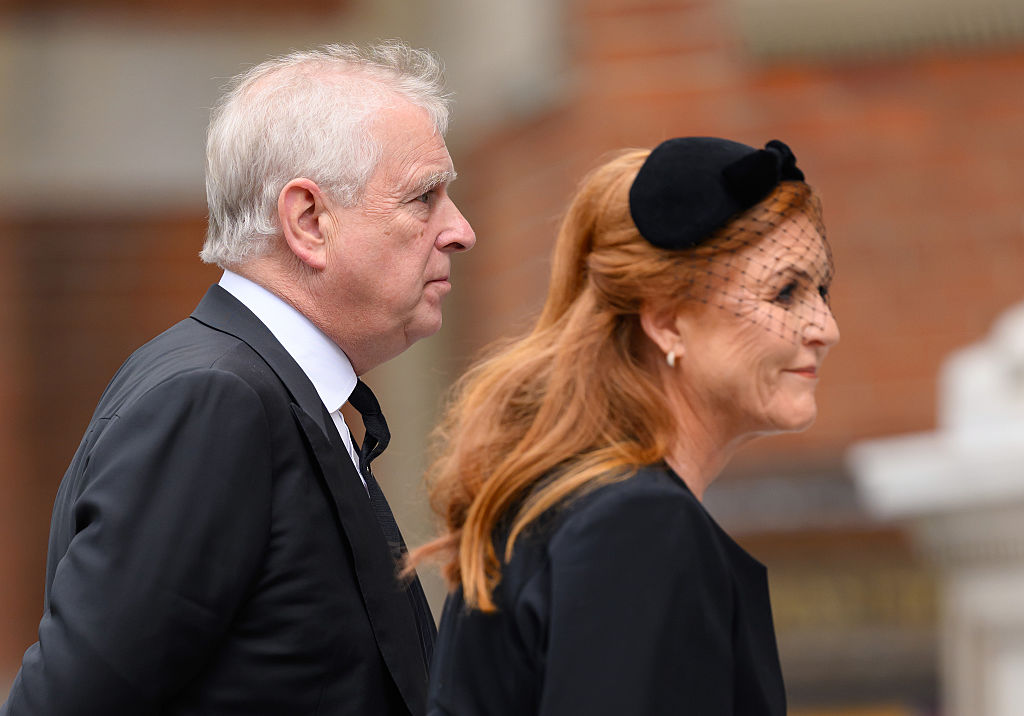
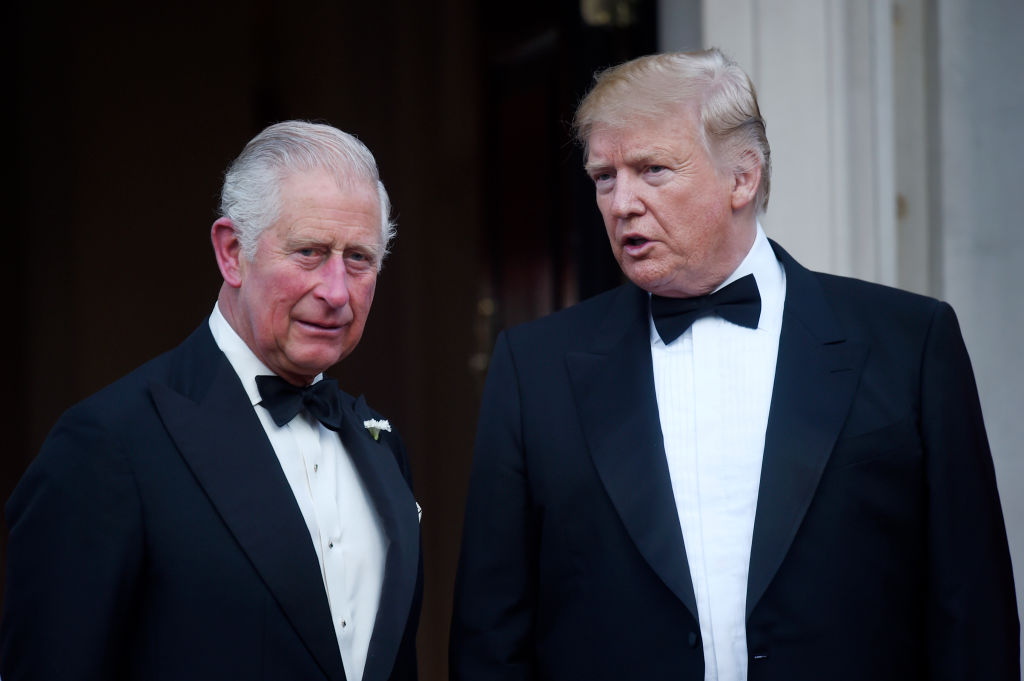
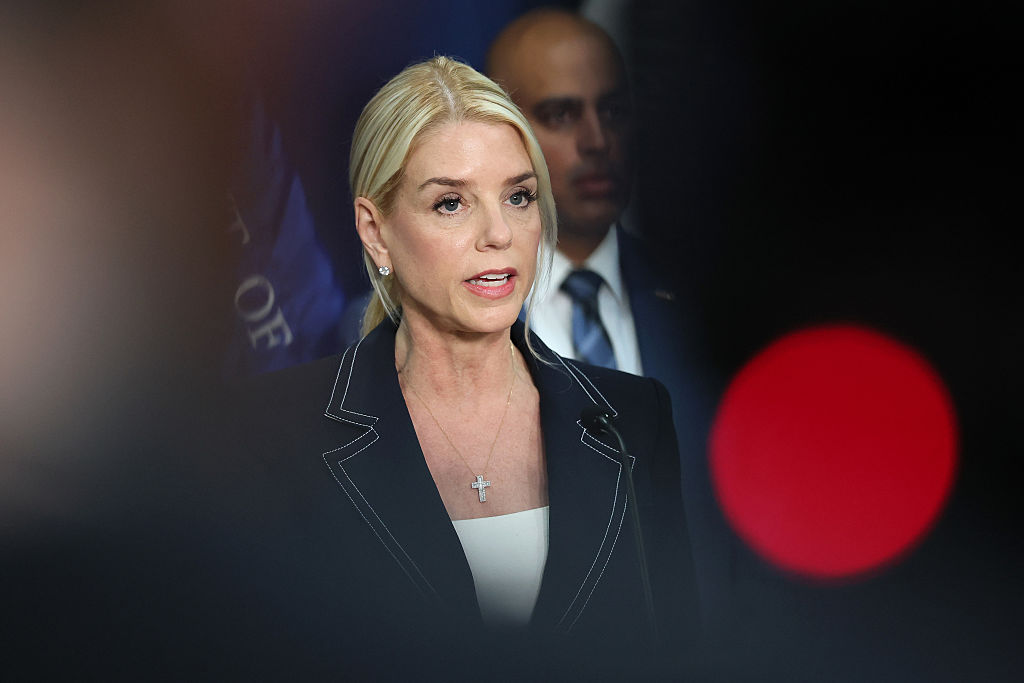
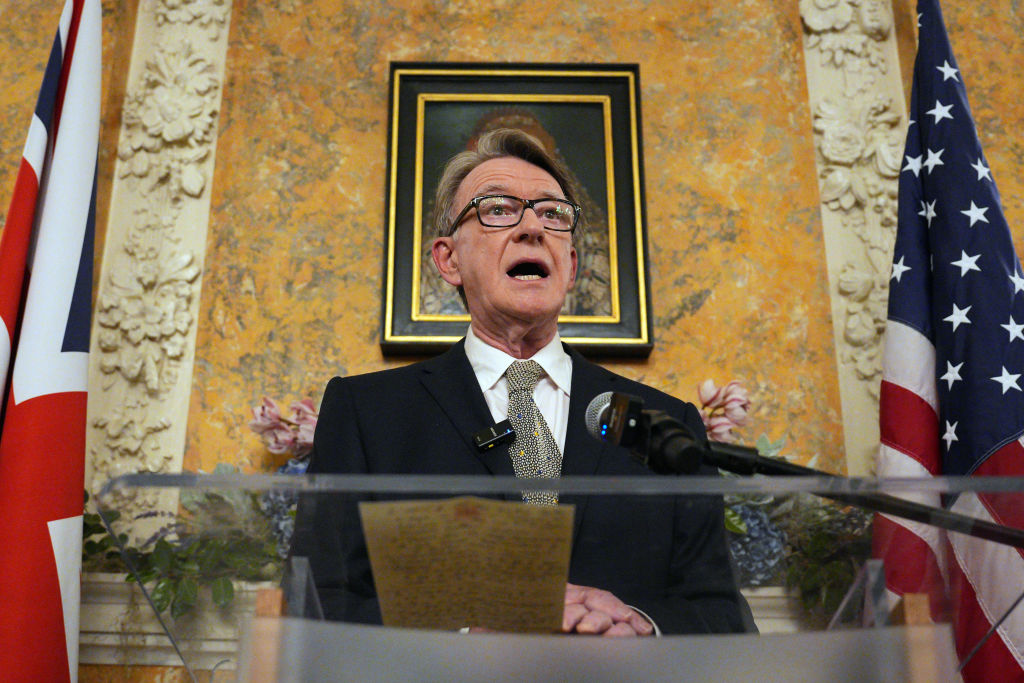








Leave a Reply